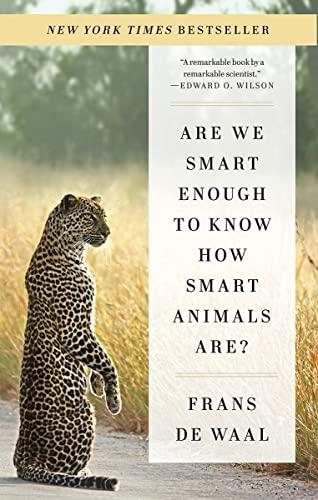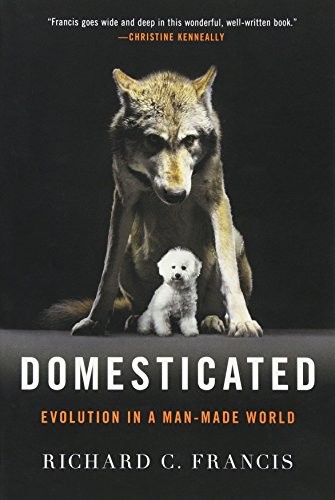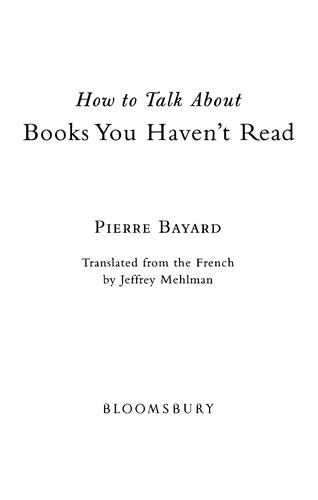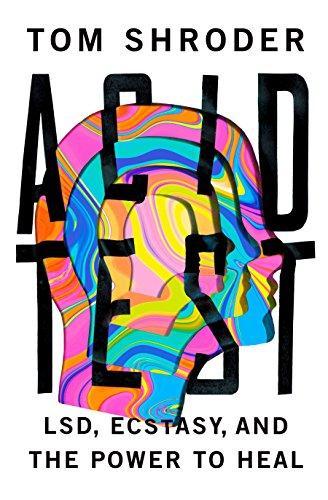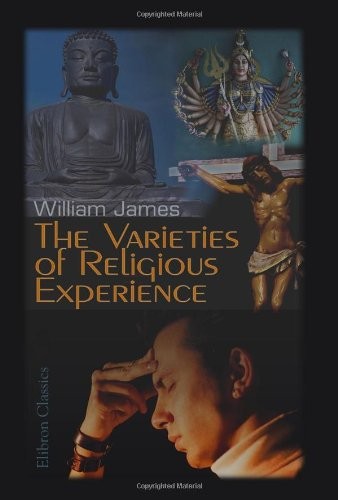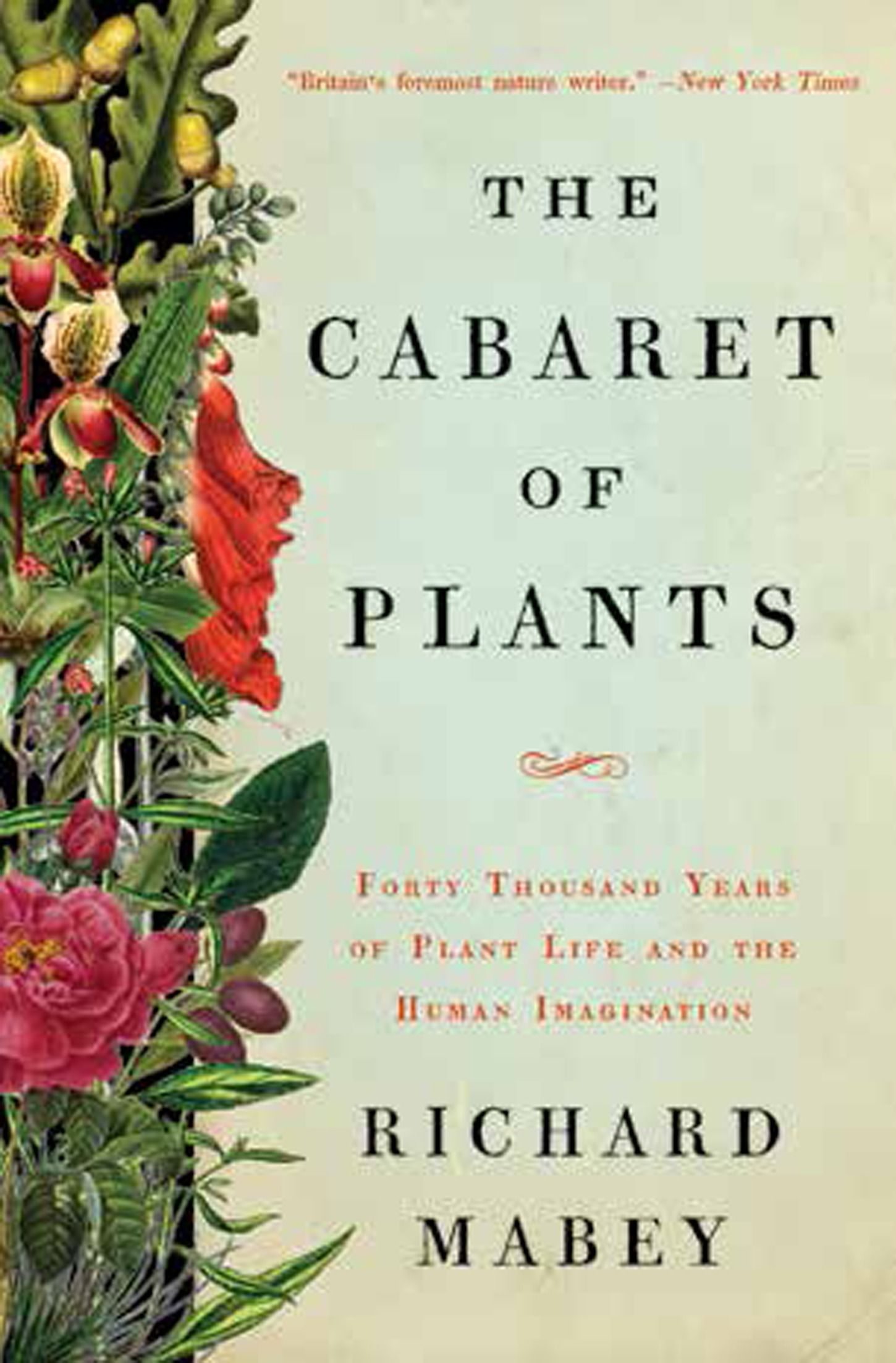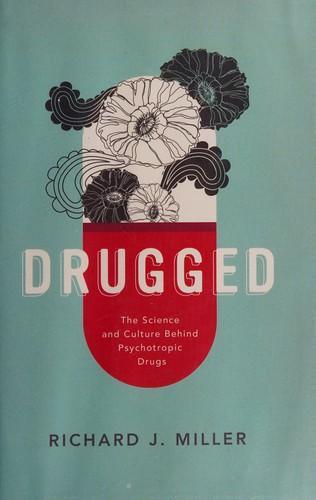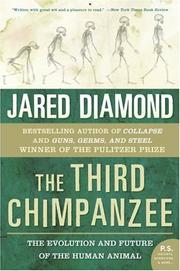Há quem diga que uma vida só se pode dizer bem vivida se nela se tiver um filho, se plantar uma árvore e se escrever um livro. Eu que me sei fraco contribuidor para as estatísticas demográficas, mau agricultor e desinspirado escritor, abraço o papel que me sobra e dedico o que me resta de tempo de vida a navegar pelas grandes obras que constituem o importantíssimo cânone da nossa cultura ocidental. Se, prestes a expirar minha passagem por esta terra, me perguntarem se filhos tive, árvores plantei e livros escrevi, negativa a resposta em todos esses quesitos, poderei, no mínimo, suspirar contente: “bem, pelo menos li a Eneida!”.
Superficial que seja, em sinceridade não posso esconder que uma das minhas motivações principais ao ler esta obra foi o de buscar essa muito enriquecedora sensação de haver cumprido uma importante missão de vida, essa de haver visitado um dos grandes …
Reviews and Comments
This link opens in a pop-up window
UdeRecife rated The botany of desire: 3 stars
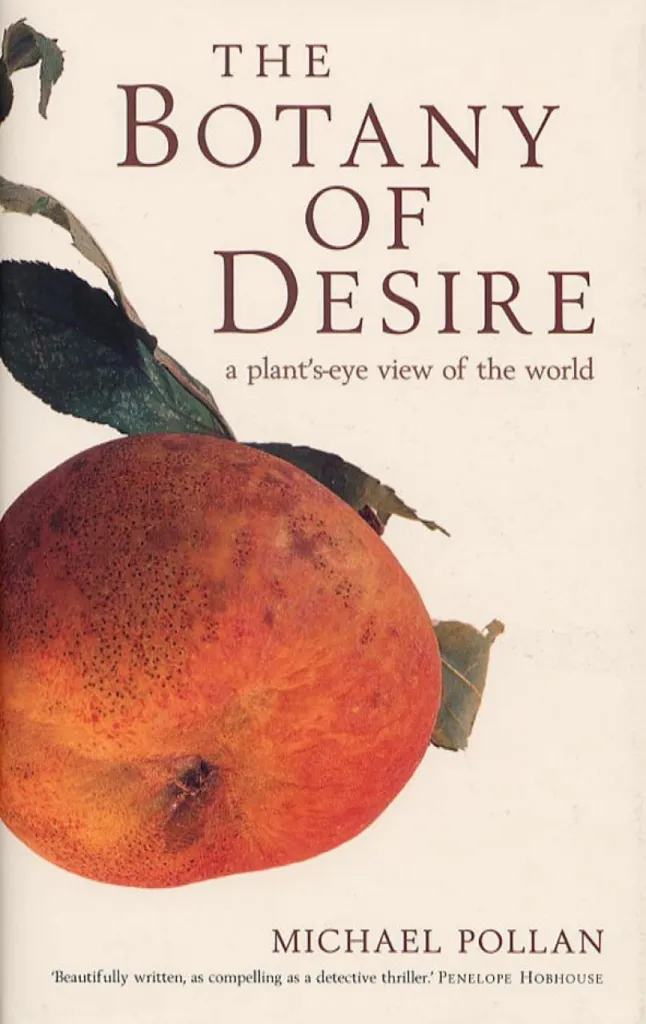
The botany of desire by Michael Pollan
Every schoolchild learns about the mutually beneficial dance of honeybees and flowers: The bee collects nectar and pollen to make …
UdeRecife rated Domesticated: 3 stars
UdeRecife rated Life on the edge: 2 stars

Johnjoe McFadden: Life on the edge (2014)
Life on the edge by Johnjoe McFadden
Life is the most extraordinary phenomenon in the known universe; but how does it work? It is remarkable that in …
Review of 'Ėneida' on 'Goodreads'
5 stars
Há quem diga que uma vida só se pode dizer bem vivida se nela se tiver um filho, se plantar uma árvore e se escrever um livro. Eu que me sei fraco contribuidor para as estatísticas demográficas, mau agricultor e desinspirado escritor, abraço o papel que me sobra e dedico o que me resta de tempo de vida a navegar pelas grandes obras que constituem o importantíssimo cânone da nossa cultura ocidental. Se, prestes a expirar minha passagem por esta terra, me perguntarem se filhos tive, árvores plantei e livros escrevi, negativa a resposta em todos esses quesitos, poderei, no mínimo, suspirar contente: “bem, pelo menos li a Eneida!”.
Superficial que seja, em sinceridade não posso esconder que uma das minhas motivações principais ao ler esta obra foi o de buscar essa muito enriquecedora sensação de haver cumprido uma importante missão de vida, essa de haver visitado um dos grandes monumentos da longeva cultura ocidental. Ao lê-la, soube-me mais em sintonia com esse universo literário greco-latino que tem na Eneida uma importante síntese matricial de toda uma tradição poética que nela tem a sua apoteose.
Ao finalmente conhecê-la, creio-me agora mais competente para que, daqui para a frente, melhor compreenda referências feitas a esta obra, bem como as que remetem às suas influências e até às obras que a ela são devedoras. Mas mais importante que tudo, sei-me agora mais capaz de estabelecer pontes de sentido através da vasta rede que constitui o todo do discurso cultural ocidental, aumentando assim o leque de ferramentas que à minha disposição tenho para comunicar mundo fora com os que neste mesmo repositório encontram uma inesgotável fonte de inspiração e significados.
Agora que cumprida sei esta minha missão; agora que me sei mais competente e capaz ao conhecer este monumento, pouco mais me resta a aqui acrescentar. Não sou, nem pretendo ser, perito nesta obra e nas suas muitas complexidades. Não vou, por isso, colocar-me em bicos de pé ao arriscar interpretações que apenas arrogantemente poderia pretender originais e interessantes. O que posso fazer, e aí sim, com fundamento, é oferecer este meu testemunho do quão interessante pode ser a experiência de ler a Eneida para a construção de um caráter mais erudito que de nós faça mais competentes quer em entender as referências culturais quer em expressar-nos por imagens e menções a esse todo histórico-cultural que se diz ocidental. Neste sentido, a leitura da Eneida não é apenas interessante por si só, pelo monumento literário que ao longo dos séculos provou ser, mas, e principalmente, pelos muitos benefícios que nos oferece em erudição e brio histórico.
Sendo que somos pelo tempo limitados; sendo demasiado vasta a biblioteca que podemos visitar e conhecer; a leitura da Eneida recompensará abundantemente o esforço que a ela devotarmos. Mais do que uma recomendação, este meu texto é uma exortação à leitura desta obra. Perpetuemos, juntos, este tão importante legado.
UdeRecife rated Darwin's ghosts: 4 stars
UdeRecife reviewed How to talk about books you haven't read by 피에르 바야르
Review of "How to Talk About Books You Haven't Read" on 'Goodreads'
5 stars
Is there really a book we have read? How so, if we immediately start forgetting when we read it? Is there a difference between a book we have not read and a book we have forgot?
These are no trifle questions; for this book is not to be taken lightly. This is not a self-help book. This is a treatise on literature, on culture as a whole.
If you want to find your way through the endless rows of the collective library of humankind, if you want delve deeper into whatever thing happens to be your thing, you obviously need books, lots of books; problem is: there are simply too many of them, and there's not enough time or life that would make that task feasible; game over; better quit. So what to do when you are faced with those inevitable situations where you will have to exchange information …
Is there really a book we have read? How so, if we immediately start forgetting when we read it? Is there a difference between a book we have not read and a book we have forgot?
These are no trifle questions; for this book is not to be taken lightly. This is not a self-help book. This is a treatise on literature, on culture as a whole.
If you want to find your way through the endless rows of the collective library of humankind, if you want delve deeper into whatever thing happens to be your thing, you obviously need books, lots of books; problem is: there are simply too many of them, and there's not enough time or life that would make that task feasible; game over; better quit. So what to do when you are faced with those inevitable situations where you will have to exchange information contained on that library, on all those books you failed to acquaint yourself?
Well, you simply have to start doing what the author here proposes, meaning you have to engage in more meaningful conversations while not bothering about reading books. It's not as scandalous as it sounds at first, for as the author himself points out, "what is essential is to speak about ourselves and not about books, or to speak about ourselves by way of books".
So do yourself a favor and read this book; or, better still: do not. Skim it. Get the general feeling of it. If the task is impossible, free yourself from the constraints. Cherry pick; enjoy, all the while you continue (or start) talking about the books you have not and will not read. Be creative. Reboot your attitude toward books.
UdeRecife rated Written in stone: 2 stars
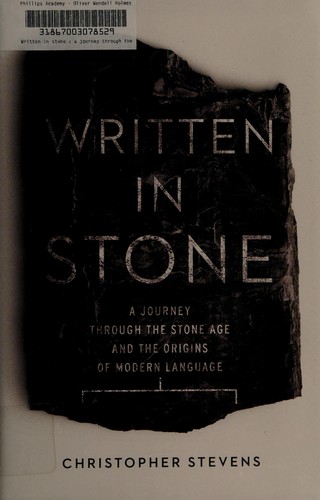
Written in stone by Chris Stevens
Draws on mythology, ancient history, archaeology, the roots of society, technology, and warfare to reveal how the English language is …
UdeRecife rated Acid Test: LSD, Ecstasy, and the Power to Heal: 3 stars
UdeRecife rated The road to Eleusis: 4 stars
UdeRecife rated The Varieties of Religious Experience: 3 stars
UdeRecife reviewed The cabaret of plants by Richard Mabey
Review of 'The cabaret of plants' on 'Goodreads'
3 stars
This book covers a very interesting, though not much explored, subject of the history of how humanity came to perceive plants and their roles. This, in some sense, is a history of botany, but taken in a much broader sense of how societies understand plants.
As the subtitle suggests, the book focus on the human perspective of plants, with many tales of discoveries and fascinations, fads, and the personalities behind such events. If you read it expecting to have plants as the main characters, this will be disappointed. But that you probably know. If this is a book about the forty thousand years of plant life and the human imagination, it comes with little surprise that this will focus on the human dealings with plants.
If you like plants; and if you like to discover how humans have changed their perceptions about these fascinating yet so strange living things, this …
This book covers a very interesting, though not much explored, subject of the history of how humanity came to perceive plants and their roles. This, in some sense, is a history of botany, but taken in a much broader sense of how societies understand plants.
As the subtitle suggests, the book focus on the human perspective of plants, with many tales of discoveries and fascinations, fads, and the personalities behind such events. If you read it expecting to have plants as the main characters, this will be disappointed. But that you probably know. If this is a book about the forty thousand years of plant life and the human imagination, it comes with little surprise that this will focus on the human dealings with plants.
If you like plants; and if you like to discover how humans have changed their perceptions about these fascinating yet so strange living things, this book will definitely entertain you as well as enlighten you on this subject.
Review of 'Drugged: The Science and Culture Behind Psychotropic Drugs' on 'Goodreads'
4 stars
Drugs are a weird subject by default. You know they exist; you may know some of them and some of their effects. But how many of us know their history? What about how they work and how much science knows about them?
And this is where this book shines. Covering many different substances, the author goes in great detail into the fascinating stories about drugs and their discoveries, the chemical features that make them relevant and the ways they interact with the brain.
After reading it, and notwithstanding the inherent complexity of the chemistry involved, you’ll have a much broader understanding on this controversial but unavoidable subject. If the use of drugs is rampant in our contemporary world, knowing about them will at least give you a saner perspective and a much more informed position about the whens and hows they came to be what they are.
UdeRecife rated The Third Chimpanzee: 4 stars
UdeRecife rated Livro do desassossego: 5 stars

Fernando Pessoa: Livro do desassossego (Portuguese language, 2008, Relógio d'água)
Livro do desassossego by Fernando Pessoa (Clássicos portugueses. Letra pessoana)
The Book of Disquiet is the Portuguese modernist master Fernando Pessoa's greatest literary achievement. An "autobiography" or "diary" containing exquisite …

